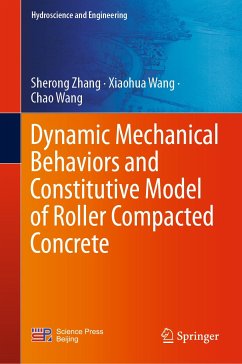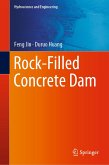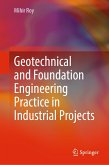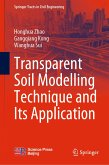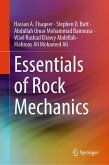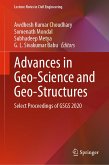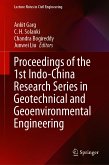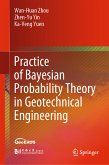This book systematically illustrates the dynamic mechanical behaviors and discusses the fundamentals of the constitutive modeling of roller-compacted concrete (RCC), influenced by the construction technique and mix design. Four typical problems are analyzed using laboratory tests, numerical simulation and theoretical analysis, i.e., to illustrate the special dynamic mechanical behaviors of RCC, to reveal the dynamic size-dependence of mechanical properties, to discuss the aggregate size effect on dynamic mechanical properties, and to modify the dynamic constitutive model for RCC. Generally, the constitutive modeling of RCC needs a comprehensive understanding of dynamic size-dependence and aggregate size effect of concrete that coupled with the strain-rate sensitivity. So that, readers can master the modified dynamic constitutive model of RCC to analyze and solve the problems in blast-resistance analysis and protective design of RCC dams.
This book can be used as a postgraduatetextbook for civil and hydraulic engineering in colleges and universities, and as an elective course for senior undergraduates. It can also be used as a reference for relevant professional scientific researchers and engineers in field of protective design of concrete structures.
Dieser Download kann aus rechtlichen Gründen nur mit Rechnungsadresse in A, B, BG, CY, CZ, D, DK, EW, E, FIN, F, GR, HR, H, IRL, I, LT, L, LR, M, NL, PL, P, R, S, SLO, SK ausgeliefert werden.

